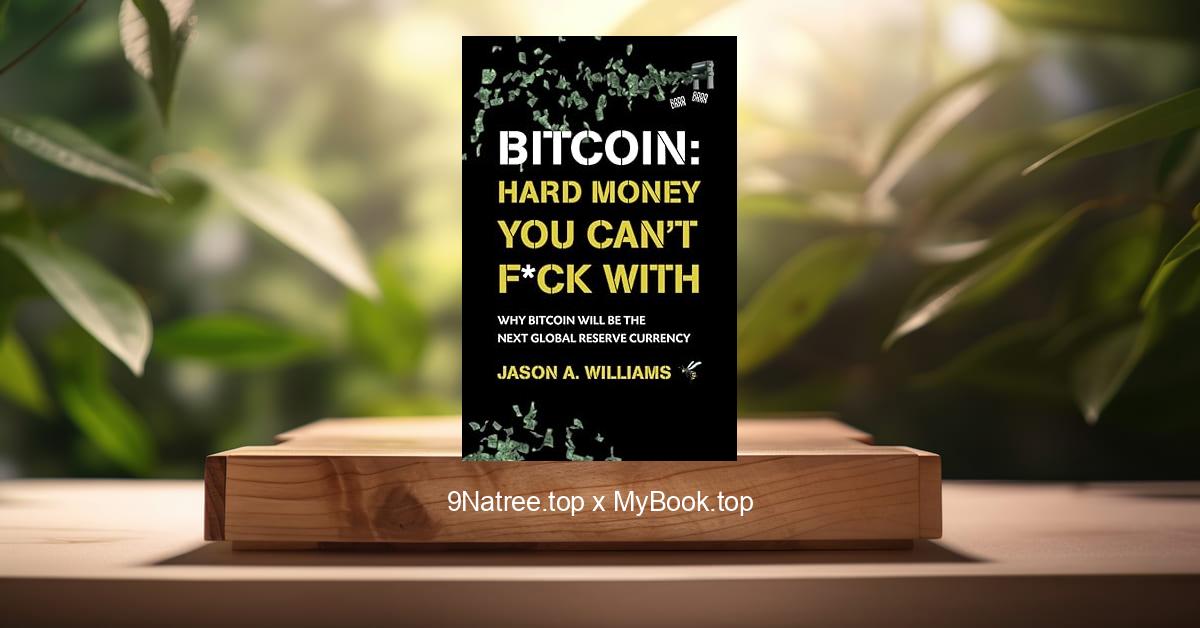Show Notes
Buy on Amazon: https://www.amazon.com/dp/B002VGER5A?tag=9natree-20
Read more: https://mybook.top/read/B002VGER5A/
#financialcrisis #WallStreet #governmentbailout #economicpolicy #regulatoryreform #AndrewRossSorkin #LehmanBrothers #subprimemortgages
These are takeaways from this book.
Firstly, The Lead-Up to the Financial Crisis, The financial crisis of 2008 didn’t happen overnight. It was the result of a complex interplay of factors including deregulation of the financial industry, the proliferation of risky subprime mortgages, and the unchecked growth of derivatives markets. 'Too Big to Fail' meticulously lays out the groundwork of the crisis, spanning several years, where booming financial markets masked underlying weaknesses. Sorkin describes how the push for homeownership led to lower lending standards and an unsustainable rise in housing prices, creating a bubble that, when it burst, had devastating effects on financial institutions globally, many of which had heavily invested in mortgage-backed securities.
Secondly, The Weekend That Changed Wall Street, One of the most dramatic moments in 'Too Big to Fail' is the September 2008 weekend when Lehman Brothers, a bastion on Wall Street, was allowed to collapse. Sorkin offers a minute-by-minute account of the negotiations, showcasing the high stakes and the frantic efforts by major players to find a private sector rescue for Lehman. The book shows how this decision had a domino effect, leading to the collapse of other institutions and requiring unprecedented interventions by the government. This crucial weekend demonstrated how interlinked global financial institutions had become and how their failure threatened the entire global economy.
Thirdly, The Government’s Response, The response of the U.S. government and the Federal Reserve to the unfolding crisis is a central theme in 'Too Big to Fail.' Sorkin paints a detailed picture of the emergency measures taken to shore up confidence in the financial system. This included the controversial bailouts of major financial institutions deemed 'too big to fail,' and the implementation of programs like TARP (Troubled Asset Relief Program) to purchase toxic assets. The book explores the debates and disagreements among political and financial leaders about the best path forward, highlighting both the successes and shortcomings of the response effort.
Fourthly, The Moral Quandaries, An important aspect that 'Too Big to Fail' brings to the fore is the ethical and moral dilemmas faced by the decision-makers. Should taxpayers' money be used to bail out institutions that had engaged in risky behavior? What does it mean for an institution to be 'too big to fail,' and what implications does this have for justice and equity? Sorkin delves into the criticism and support for the bailouts, and questions the precedent it sets for future corporate practices. This dialogue raises critical questions about accountability, risk, and the role of government in the economy.
Lastly, The Aftermath and Lessons Learned, The final sections of 'Too Big to Fail' consider the aftermath of the crisis and the lessons learned. Sorkin reflects on the changes made to regulatory frameworks intended to prevent a similar crisis, including the Dodd-Frank Act. However, he also points out the ongoing debates about the effectiveness and sufficiency of these regulations. The financial crisis exposed critical vulnerabilities in the global economy and the need for a more stable and resilient financial system. Sorkin’s insights serve as a reminder of the importance of vigilance and strategic regulation to safeguard against future crises.
In conclusion, 'Too Big to Fail' is essential reading for anyone interested in understanding the complexities of the financial system, government policy, and their impacts on our everyday lives. Sorkin's in-depth reporting brings clarity to a convoluted series of events, making the book accessible to both experts and laypersons. It’s particularly beneficial for those in finance, economics, policymaking, and anyone intrigued by the intersection of government and the private sector. Through its detailed examination of the crisis and the response to it, the book offers lessons on risk management, regulatory oversight, and the moral implications of financial decision-making. 'Too Big to Fail' not only chronicles a critical moment in recent history but also provokes thought about how to create a more stable and equitable financial future.
![[Review] Too Big to Fail: The Inside Story of How Wall Street and Washington Fought to Save the Financial System--and Themselves (Andrew Ross Sorkin) Summarized](https://episodes.castos.com/660078c6833215-59505987/images/1699849/c1a-085k3-5rvvg4nzivkk-txngyb.jpg)




